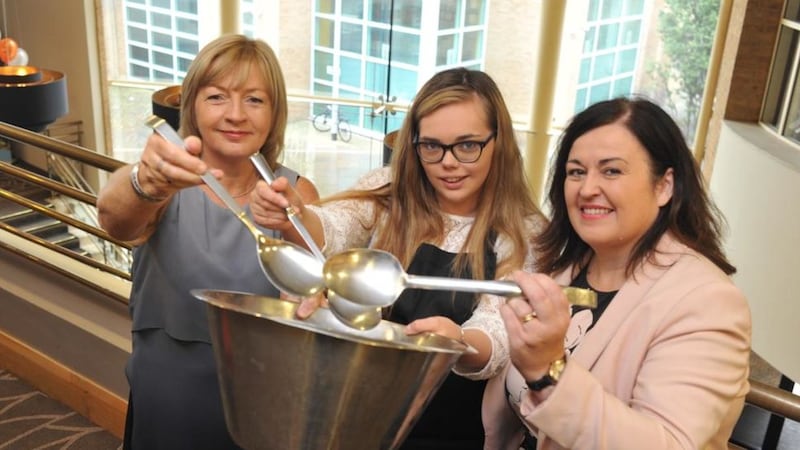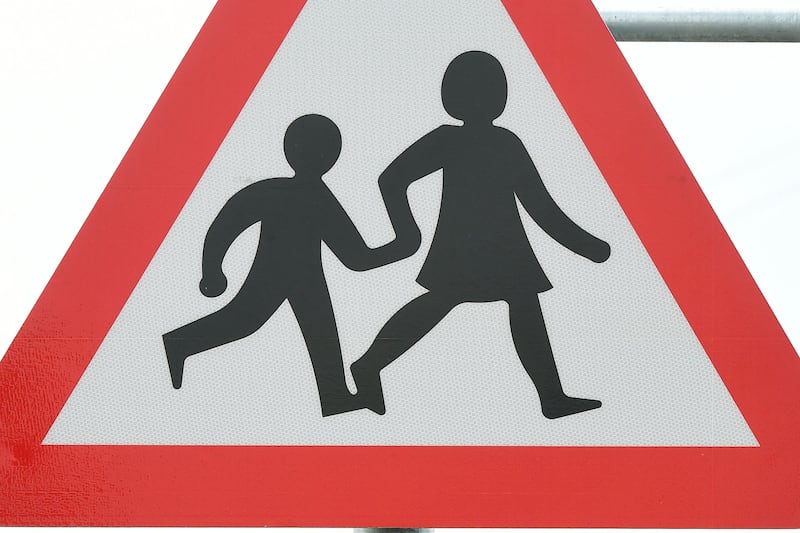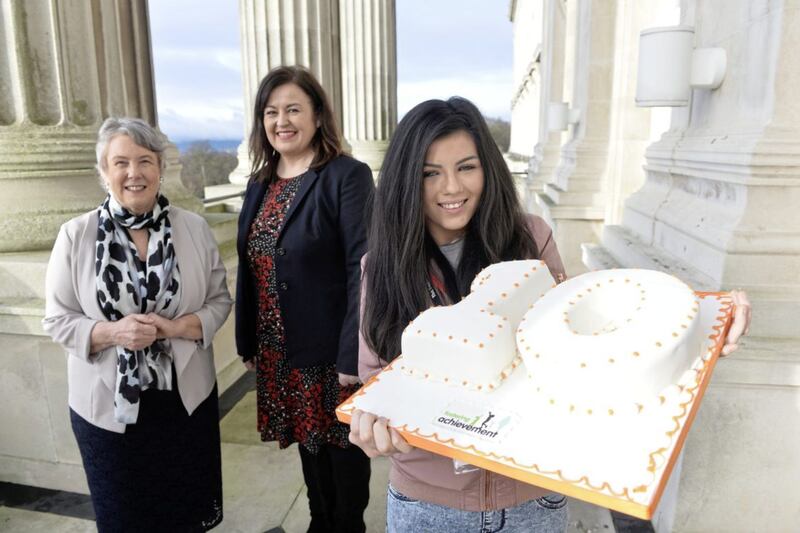IT’S not easy for a child to be lifted from their home and placed in a strange house with new people. Just imagine: a vulnerable young boy or girl having to live with strangers because their parent or parents aren’t fit to look after them; maybe the breakup of a marriage, illness, domestic violence, neglect or alcohol abuse – there are many and varied reasons.
By the time the authorities step in the child is usually in a traumatic and confused state so care and kindness are essential. That’s why fostering is so important.
Holly was 12 and her little brother five when social services removed them from their mother’s care as she was unable to cope because she was an alcoholic; she was, however, fully involved in the move to a foster home and in touch with her children throughout, working closely with the authorities to find the right place for her son and daughter. Not long afterwards, she died.
Holly recalls that they were in temporary placement at first. “But it didn’t work out and a few months later we moved to join a family in Co Tyrone not far away from our family home. My brother and I have been there ever since – almost 12 years. The three children in that home soon became our brothers and sisters and their mum and dad are our mum and dad.”
Holly is now studying sociology and criminology and hopes to graduate soon and at almost 22 she’s enjoying life. At first it was difficult for her to settle. She says she didn’t want to go anywhere, she sat in the house and bit her nails until her foster mum gently persuaded her to embrace her new surroundings and her new family.
“It was also difficult at school because of the rules laid down by social services, I couldn’t stay over at other kids' homes, couldn’t go on trips, I thought it was awful at the time but I now see they were there to keep us safe.”
Eventually, she says, her foster parents gained parental consent and they now make the rules although social services are still there for her brother.
“I’m so thankful to my parents; although they were firm they were understanding and loving and we were there for each other and still are.”
At present there are 2,225 children and young people in foster care in the north; around 40 per cent are placed with ‘kinship’ foster carers – that’s members of the family or close friends. The five HSC trusts are the statutory bodies with responsibility for the welfare of all children in care in Northern Ireland. As such, they, working with the Fostering Network, are in the best position to place children with foster carers.
Thankfully there are many such people in Northern Ireland but more are needed every day – this is the message from the Fostering Network, Northern Ireland's leading fostering charity. Their aim is to take children and young people out of a difficult and unhappy situations and place them with a family who understand, who have been trained in the delicate approach when welcoming a child into their home.
Through the network they have constant support and access to legal advice should that be necessary. All foster carers receive a weekly fostering allowance which is to cover the cost of caring for a fostered child.
Kathleen Toner, director of the Fostering Network NI said: “Transforming children’s lives is at the heart of everything we do. We are passionate about the difference foster care makes to children and young people.
"It might be respite care for a month or two months, short-time care or long-time care up to the age of 18 and beyond. Where possible, as in Holly’s case, brothers and sisters are kept together. The arrangement is individually tailored to the child and this may mean one to one tuition and extra curricular help.”
Achievement was recognised in the annual Fostering Achievement Awards in Belfast last month. More than 50 children and young people in care were commended for aiming high, with awards given in recognition of academic, musical, sporting and social achievements of children and young people in foster care.
Eighteen-year-old Shannon Massey, who is studying for a BTec in Hospitality, was recognised for her achievements in further education. She credits her foster parents for giving her the practical support and encouragement to pursue her ambitions.
“My advice to someone considering becoming a foster carer would be that you’re going to be helping a kid who probably really needs it. You could be the most positive influence they ever have.”
Speaking at the event Kathleen Toner said: “We are increasingly aware of the importance of the Fostering Achievement programme in supporting the aspirations of children and young people in foster care. Working with foster and kinship carers as primary educators is key to our success as is our close partnership with the Belfast Health and Social Care Trust.”
Foster carers do not replace parents but give a loving space to a vulnerable child, give them security and peace of mind and encouragement as they come to terms with their young lives.
For more information call The Fostering Network on 028 9070 5056 or visit https://www.thefosteringnetwork.org.uk/could-you-foster
:: Tommy Millar MBE
When I first began broadcasting with the BBC one of my fellows was Tommy Millar. He reported on the pipe band movement with such enthusiasm and knowledge, all the colour and the swirl of the bagpipes were in his reports. He joined his first band when he was just 15 and was involved until his death at the age of 84. I can still hear his voice, Ballymena with a touch of Ballymena Scots, extolling the virtue of what he called ‘the greatest sound in the world.’
He was a great example of professionalism, support and friendship.







